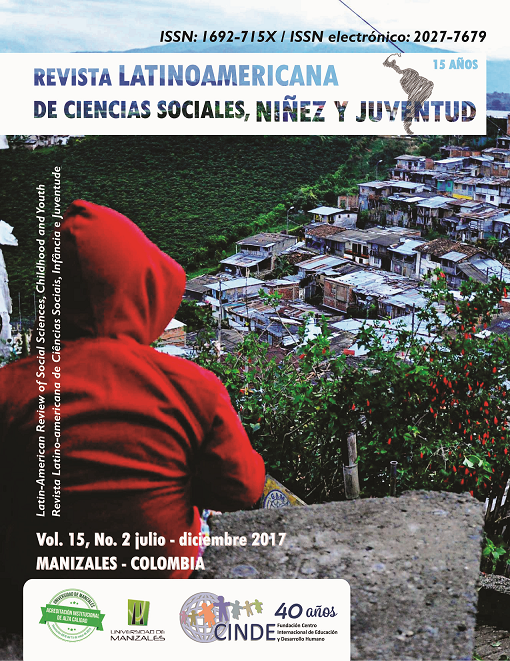Pensar la historia de las instituciones educativas en la Argentina: Aportes para el debate
Conteúdo do artigo principal
Resumo
(descritivo): A história das instituições de ensino na Argentina tem sido tradicionalmente associada com paradigmas históricos banais de pesquisa educacional. Apenas nas últimas décadas começam a ressurgir estudos que entendem a necessidade de análise institucional que cruzam o educativo e a história. Neste sentido, um sério repensar sobre os métodos e modos de fazer e pensar nesta história que transcende as diretrizes da tradição positivista é necessário.
Este trabalho tem como objetivo analisar as contribuições para o campo da História Social da educação a partir de três direções: desde os estudos psicossociais de instituições de ensino; a partirdas teorias de poder com a proposta de Michael Foucault e da sociologia institucional de Pierre Bourdieu. Entendemos que a intersecção dessas perspectivas oferece aos professores e investigadores um quadro metodológico mais que dinâmico para compreender a história da educação do ponto de vista institucional.
Pensar a história das instituições educacionais a partir dessa perspectiva multidimensional torna-se não só um método de pesquisa histórica de ensino, mas também na maneira que permite aos professores refletir sobre suas próprias práticas em instituições de ensino.
Palavras-chave: história da Educação, instituições de ensino, sociologia da educação, psicologia da educação (Thesaurus de Ciências Sociais da Unesco).
##plugins.themes.bootstrap3.displayStats.downloads##
Detalhes do artigo
Seção

Este trabalho está licenciado sob uma licença Creative Commons Attribution-NonCommercial-ShareAlike 4.0 International License.
Você tem o direito de:
- Compartilhar - copiar e redistribuir o material em qualquer suporte ou formato
- Adaptar - remixar, transformar, e criar a partir do material
- O licenciante não pode revogar estes direitos desde que você respeite os termos da licença.
De acordo com os termos seguintes:
-
Atribuição - Você deve dar o crédito apropriado, prover um link para a licença e indicar se mudanças foram feitas. Você deve fazê-lo em qualquer circunstância razoável, mas de nenhuma maneira que sugira que o licenciante apoia você ou o seu uso.
-
NãoComercial - Você não pode usar o material para fins comerciais.
-
CompartilhaIgual - Se você remixar, transformar, ou criar a partir do material, tem de distribuir as suas contribuições sob a mesma licença que o original.
- Sem restrições adicionais - Você não pode aplicar termos jurídicos ou medidas de caráter tecnológico que restrinjam legalmente outros de fazerem algo que a licença permita.

